A Cabinet of Curiosities for the self-taught language learner
A guide to learning a language on your own & your way back to wonder.
In a world where machines translate instantly and your voice can be cloned into any tongue, you might ask: why bother learning another language?
Because language is not just a tool. It is a sensation.
To learn another language is to feel your mouth reshaped.
To touch meaning with unfamiliar muscles.
To watch your mind learn how to listen again.
It’s not utility. It’s intimacy.
A new language doesn’t just give you words, it gives you another self.
A self who thinks in shades, who sees time differently, who names the wind, the ache, the silence, in a way your mother tongue never taught you.
To learn a language is to redecorate the architecture of your mind. It reshapes how you see the world, how you listen, even how you dream. Studies have shown it keeps the brain agile, delaying the onset of neurodegenerative conditions. But the benefits aren’t only neurological, they’re emotional, existential.
To learn a language today is also an act of quiet resistance, a refusal to let tech flatten your brain and turn the music of human speech into seamless, impersonal code. Translation might carry meaning. But it will never carry melody.
And in a world of speed and overstimulation, it becomes something else too: a way to slow down.
To reclaim your attention. To nourish your soul.
To grow, through discomfort, curiosity, delight.
Welcome to your Cabinet of Curiosities.
And your way back to wonder
This is not a course.
There are no modules, no progress bars, no pressure.
This is a cabinet. A strange and beautiful collection of everything you need to begin.
An imaginary one, yes, but lined with soft drawers and secret compartments.
Inside: every strange and shimmering thing that might help you learn a language on your own. A whisper of encouragement. A recommendation. A reminder to be gentle.
I built it because we don't always have the time, or the money, for classes or tutors.
I say this as a language teacher. And as a student, I self study English on my own and am currently teaching myself Danish.
Self-study is not a compromise. It can be a liberating, deeply personal practice, like tending a garden: quiet, patient, often slow, but full of bloom.
Building fluency like planting seeds. This is art. Devotion.
So this is for us: the quietly ambitious, the romantics, the curious.
Inside this cabinet you’ll find what you need: tools and tenderness, structure and softness, maybe even magic. Everything that helps you begin and keep going.
Open any drawer. In any order. Linger. Take what you need.
Come back when you’re ready.
Let the process feel less like a curriculum, and more like discovery.
Drawer 1: A Compass (Start Here)
What you need is not perfection.
You need direction.
Decide on your “why", it will carry you through dry spells. Maybe it's to read Rilke? Or Neruda? Whisper secrets in Italian? Chat in Swedish with Aleksander Skarsgård? Understand your grandparents? Live in Montreal? There is no wrong reason.
Choose a language that pulls at something in you, not just one that feels “practical.”
Don’t aim for fluency. Aim for familiarity.
Set a realistic rhythm: 10 to 30 minutes a day is enough. Consistency is kinder than intensity. Think of it like brushing your teeth or drinking water.
Listen before you speak.
Repeat what you love.
Keep going, even when it’s boring.
Curiosity: Create a Pinterest board full of inspiration: images, quotes, favorite books, café scenes. Let it become your visual spell of motivation.
Drawer 2: Your Tools
Create your magical tool kit that will accompany you during your journey.
Youtube, online courses, podcasts, instagram accounts, textbooks, apps, dictionary, books (bilingual books, children's books or comics are great to start with), substacks... Find resources that you will enjoy getting lost into and come back to.
With a bit of online searching or by asking communities like Reddit, you can discover the tools that truly resonate with you.
If you're learning French, for example, you'll find a treasure trove of resources, here.
Surround yourself with the language. Create a little bubble, one that will hold you, carry you, and keep you company along the way.
Curiosity: Build a magical toolkit. Not just digital, make it tangible. A special pen, a worn leather notebook, index cards tied with velvet ribbon. Make your tools beautiful. Magical. Sacred.
Drawer 3: The Notebook
Keep one. Make it sacred. This is your spellbook, your grimoire.
Write down every new word you like.
Draw pictures next to them.
Keep phrases that made you feel something.
Doodle, circle, underline, play.
Curiosity: Give it a name. The Book of Danish Whispers. My Multilingual Heart. French Murmures. The Polyglot Codex. Ma vie en rose. Let it become an artifact.
Drawer 4: Your Ears
You do not need to understand.
You need to listen.
Watch movies or series in your new language. Subtitles optional.
Listen to music. Translate the lyrics.
Mimic accents. Try tongue twisters.
Listen to audio books, poems, podcats, slow news...
Use headphones. Close your eyes.
You’re not studying. You’re absorbing.
Curiosity: Try a "Sound Bath Ritual." Lie down. Close your eyes. Play poetry, music, or a lullaby in your target language. Don’t translate. Just receive and let it wash over you.
Drawer 5: Speak it like you believe it
Speak aloud even if no one listens.
Narrate what you’re doing in your target language.
Describe your breakfast. Your mood. The rain.
Answer questions you imagine someone asking.
Record yourself. It’s weird at first, then powerful.
Talking to yourself is not madness. It’s muscle-building. I’ve had so many imaginary conversations with myself while learning English, and yes, in those, I had a perfect British accent, and I was fluent. At the time, I was very, very far from fluent. And that British accent? It existed only in my head. Still does. My strong French accent is probably never leaving, and that’s okay.
Curiosity: Try the "Shadowing Spell." Pick a clip. Mimic line by line. With gestures. With emotion. You’re not practicing, you’re inhabiting.
Oh! Look there. A hidden compartment tucked behind the drawer!
Secret Curiosity: The Vision Spell. Close your eyes. Picture a moment in the future: you’re fluent. Where are you? A café in Lisbon? A mountaintop in Hokkaido? A bookstore in Buenos Aires? Hear yourself speak. Feel the ease. The emotion. Now act out the scene, aloud. You’re not pretending. You’re summoning.
Drawer 6: The Gentle Practice of Writing
Writing is where the language becomes yours, slowly, softly, ink by ink.
Start small.
A single sentence.
A grocery list.
A haiku.
A spell.
A diary entry, even if it’s only “I am tired today. I ate soup. The sky was grey.”
Write without pressure. Let it be rough, simple, sacred. The goal is not perfection. The goal is presence. Keep a journal just for this.
Write words you’re learning. Try to use them in a sentence. Invent dialogues. Label the objects around you. Copy song lyrics. Doodle next to unfamiliar verbs. Write love letters to imaginary penpals. Write to your future self in this new tongue.
Let it be playful. Let it be yours.
Curiosity: Write a spell or poem in your target language. It doesn’t matter if it’s “correct.” Make it magical. Write it on parchment or tuck it in your pillow. Let the words enchant you.
Neatly folded, two little notes await you :
-Don’t wait to “get good.” Writing makes meaning stick.
-Don’t worry about mistakes. Language blooms from error.
Each word you write is a seed. Some will sprout. Some won’t. Keep planting anyway.
Drawer 7: The Magical Mess of Grammar & Vocabulary
Let grammar be messy. Let vocabulary be strange. That’s where the magic lives.
Forget memorizing endless word lists.
Instead, learn in context. (More on that here)
Read stories, even if you only understand 20%.
Highlight the words that spark something.
Copy favorite sentences like spells into your notebook.
Let the language wrap around you through repetition, rhythm, and resonance.
Keep what feels like yours.
Not what the textbook says you “should” learn.
But the words that make your heart lean in.
Words that feel like skin, like scent, like something you’d whisper at midnight.
Curiosity: Begin with emotional words, the ones you’d use when you’re tired, falling in love, feeling lost, watching stars, holding someone’s hand.
Start with the language of being human.
Grammar isn’t a cage. It’s a spellbook.
You don’t need to master every rule before you cast your first charm.
Try this ritual:
Choose a short paragraph from a book or blog post in your target language.
Copy it out by hand.
Underline any words or forms you don’t know.
Look them up but only if they feel important to you.
Rewrite the paragraph in your own way.
Grammar learned like this will feel less like surgery, more like alchemy.
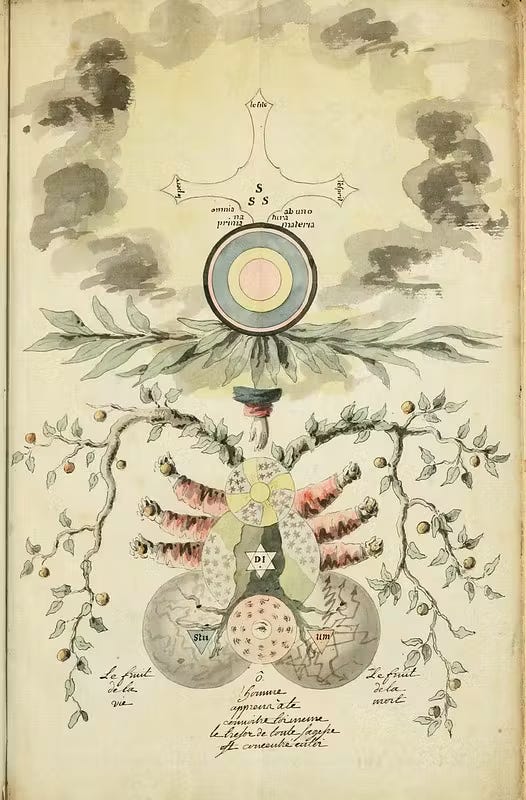
Drawer 8: Meeting Others (Even Online)
You’re not alone, even when you study alone.
Language is connection. And magic multiplies when shared.
Find your coven, even digitally.
Use Tandem, HelloTalk, or Speaky to talk with native speakers. Start small. A “hello” can open a portal.
Look for Meetup groups or language cafés near you. Even once a month is enough to stir the spell.
Try a language exchange at your library, a local bar, or online. Offer your language in return.
Join communities on Reddit, Discord, or language forums.
Comment on YouTube or TikTok videos in your target language. Yes, even if you make mistakes. Especially if you do.
Be bold. Be awkward. Be brave. Everyone starts with strange sounds and stumbled grammar.
Curiosity: Start a shared journal with a language partner, physical or digital.
Each week, you write an entry in your target language. They do the same in yours. Gently correct each other. Encourage each other.
Let it grow into your shared spellbook, full of mistakes, discoveries, and friendship.
Let your words reach someone. Let theirs reach you.
That, too, is learning. That, too, is magic.
Drawer 9: Habits That Actually Work
Set a 5-minute timer.
Choose a “language hour” each week.
No need to hustle. Just begin.
Say it with me again: consistency beats intensity. Every time.
Curiosity: Tie your learning to tiny rituals. Let them anchor you.
coffee + vocab.
commute + podcast.
tea + a poem.
Friday night movie in your target language.
Build a rhythm of return, something gentle, repeatable, yours. Like brushing your teeth or lighting a candle.
A soft and beautiful purple note escapes the drawer just as you're about to close it. It reads:
If you skip a day, return gently.
No guilt. No punishment.
The spell isn’t broken. You’re still becoming.
Drawer 10: Permission
Inside this final drawer is a small letter, handwritten in blue ink:
You are allowed to be slow. You are allowed to be unsure.
You are allowed to pause. Or stop. Nothing is ever lost. You are allowed to come back.
Some days you'll feel fluent. Other days you’ll forget how to say “good night.” This is normal. Even native speakers get tongue-tied.
Language learning is not a race.
It is an unfolding. A becoming.
You do not need to be fluent to feel the joy of expression.
Language is not just a tool, it’s a lifelong spell. A never-ending journey.
Step in. Enjoy the views. Explore. Expand. There is no fixed destination.
You’re here. Look around.
You only need to begin.
And then, keep beginning.
As you step back, the cabinet hums softly.
Drawers closed. Curiosities stirred.
You haven’t taken everything, just what you need for now.
The rest will wait.
Whenever you return, the cabinet will be here.
Dustless. Dreaming.
Ready to open again.
Your journey has already begun.
Go gently. Go curiously.
And above all, keep going.
If this helped, share it with someone learning alone.
Save it. Return to it. Whisper your first words again.
The cabinet is always open.
Which language are you learning? What did the Cabinet of Curiosities bring you?
Did you find a secret drawer all your own?
Is there a spell, a tool, a ritual you’d like to share with fellow wanderers?
Leave a note in the comments, this cabinet grows richer with each voice.
🕯 A Final Drawer Glows Softly
Inside: a slender envelope sealed with wax. It reads:
If French is the language tugging at your heart, welcome to French en Poésie ! Every Tuesday, I send out a carefully chosen French poem with audio, translation, grammar notes and cultural context. Thursdays bring literary excerpts, immersive, beautiful, and made for language lovers.
Come by if you’d like a bit of magic for your French journey.
The cabinet continues there, one post at a time.





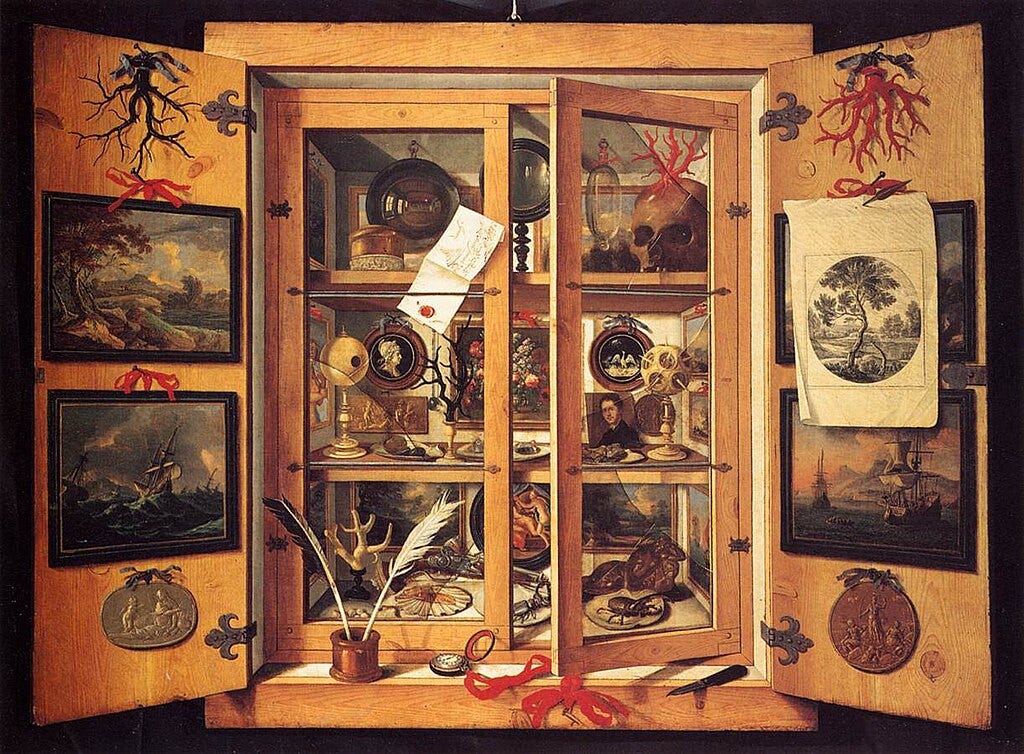


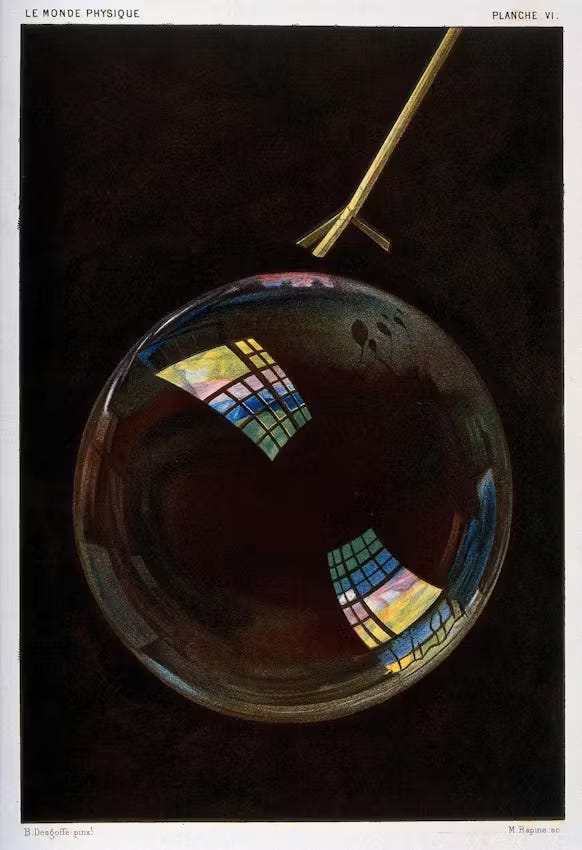
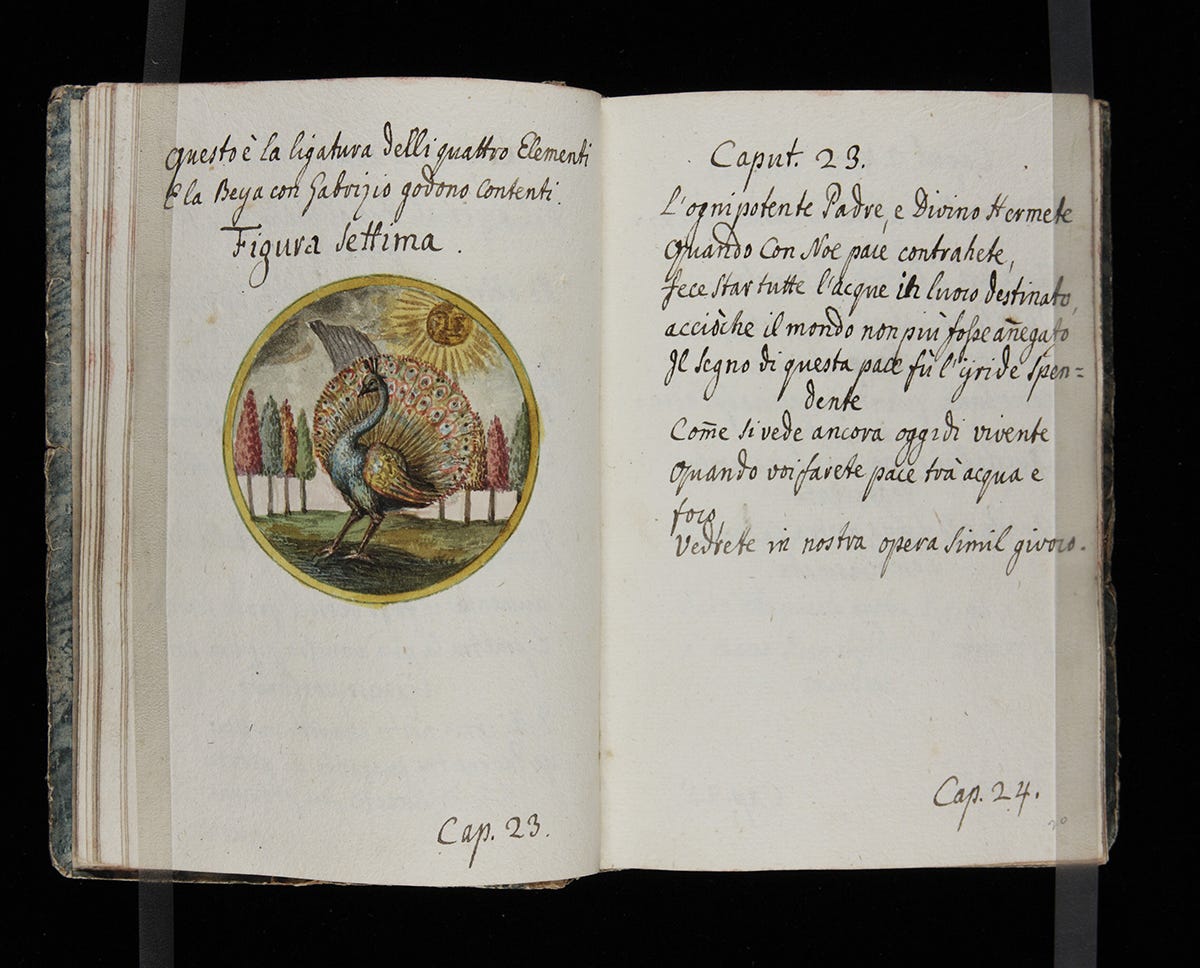

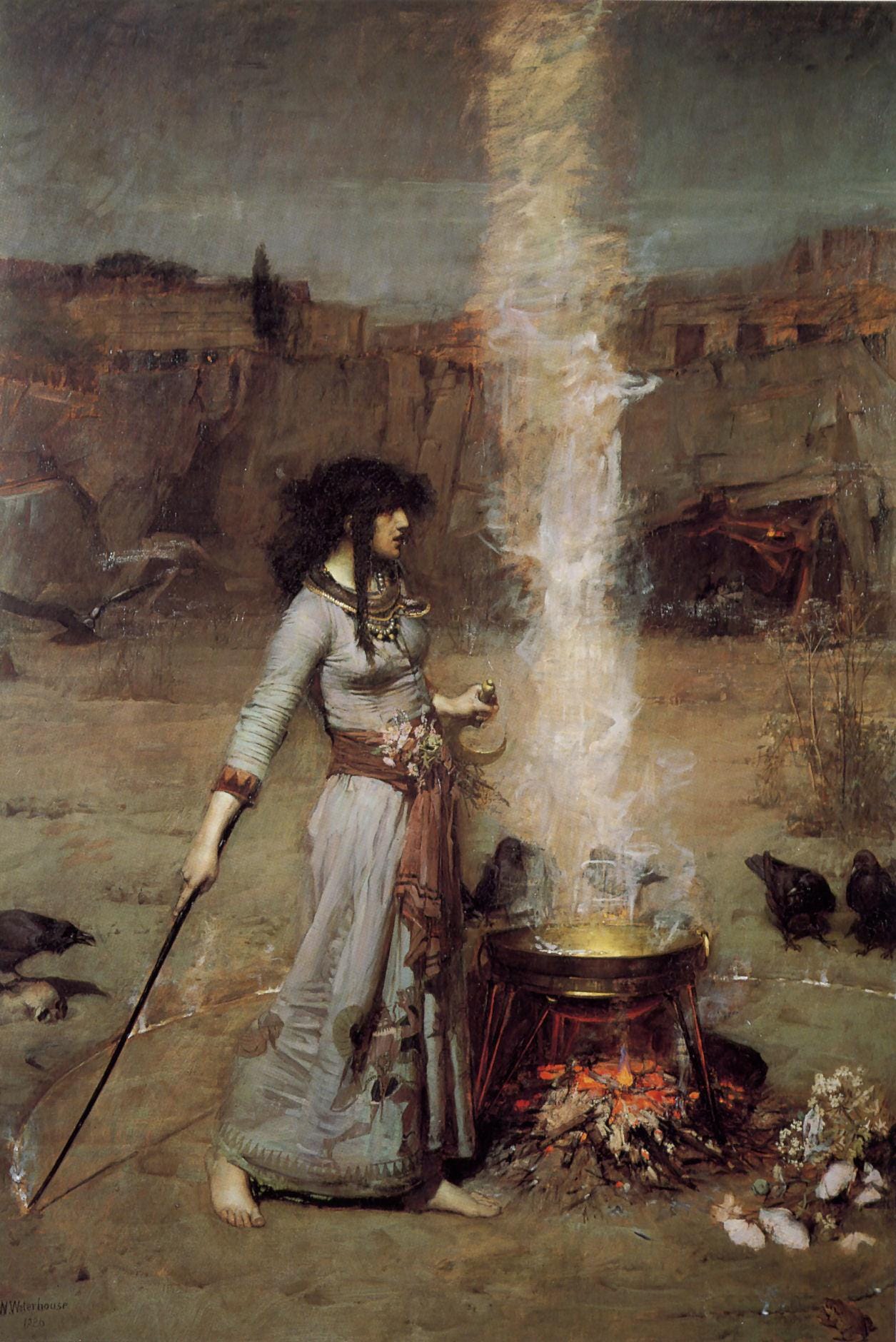
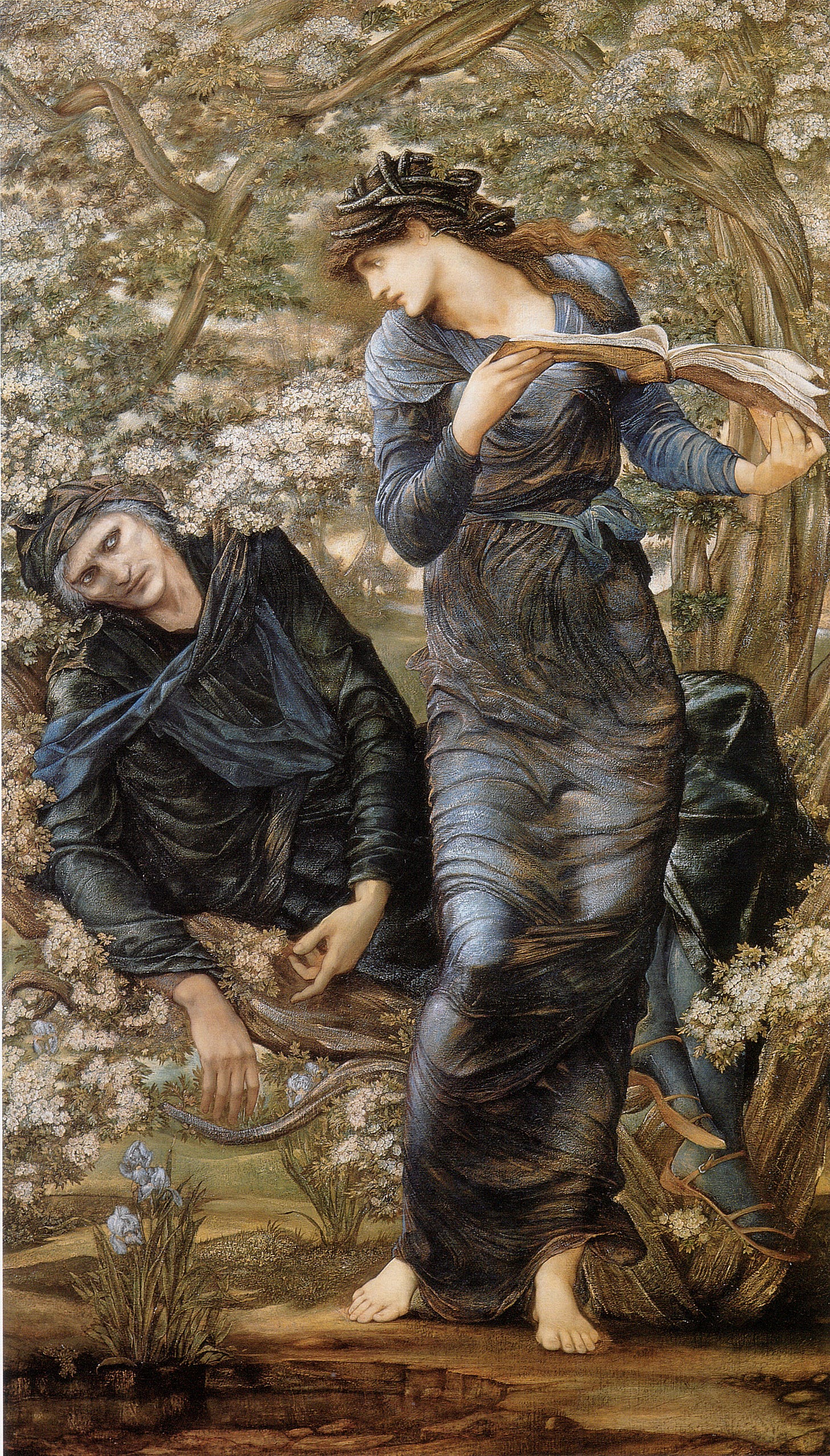


This is the single most helpful and motivating post I’ve read about learning a new language. Thank you so much!
Inspiring and beautifully written. Thank you!